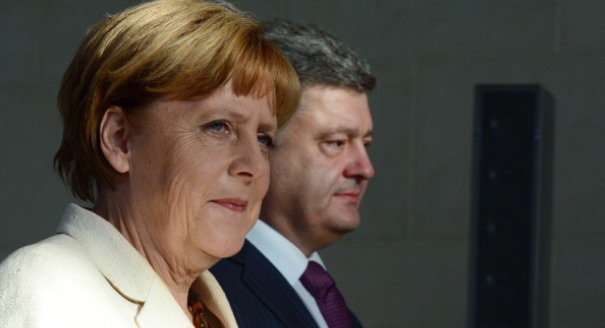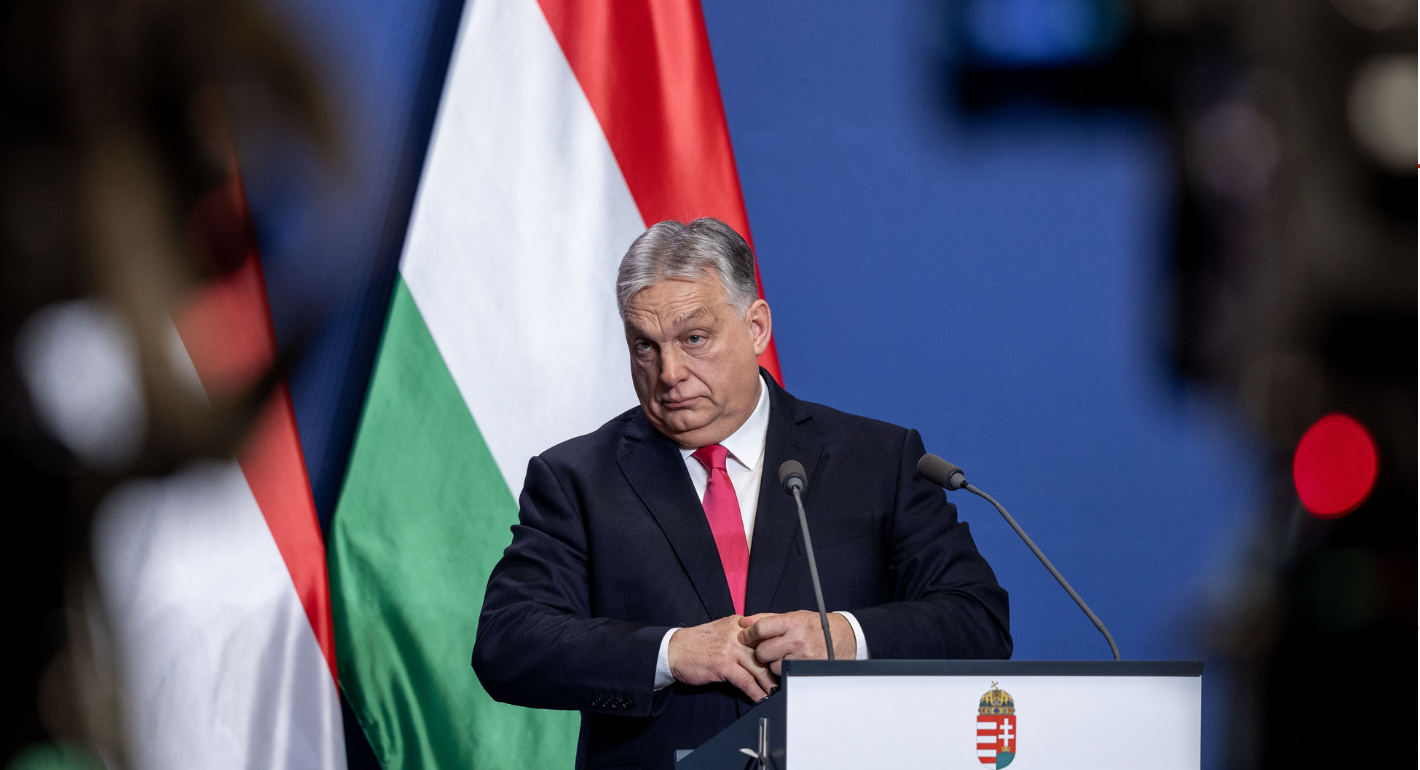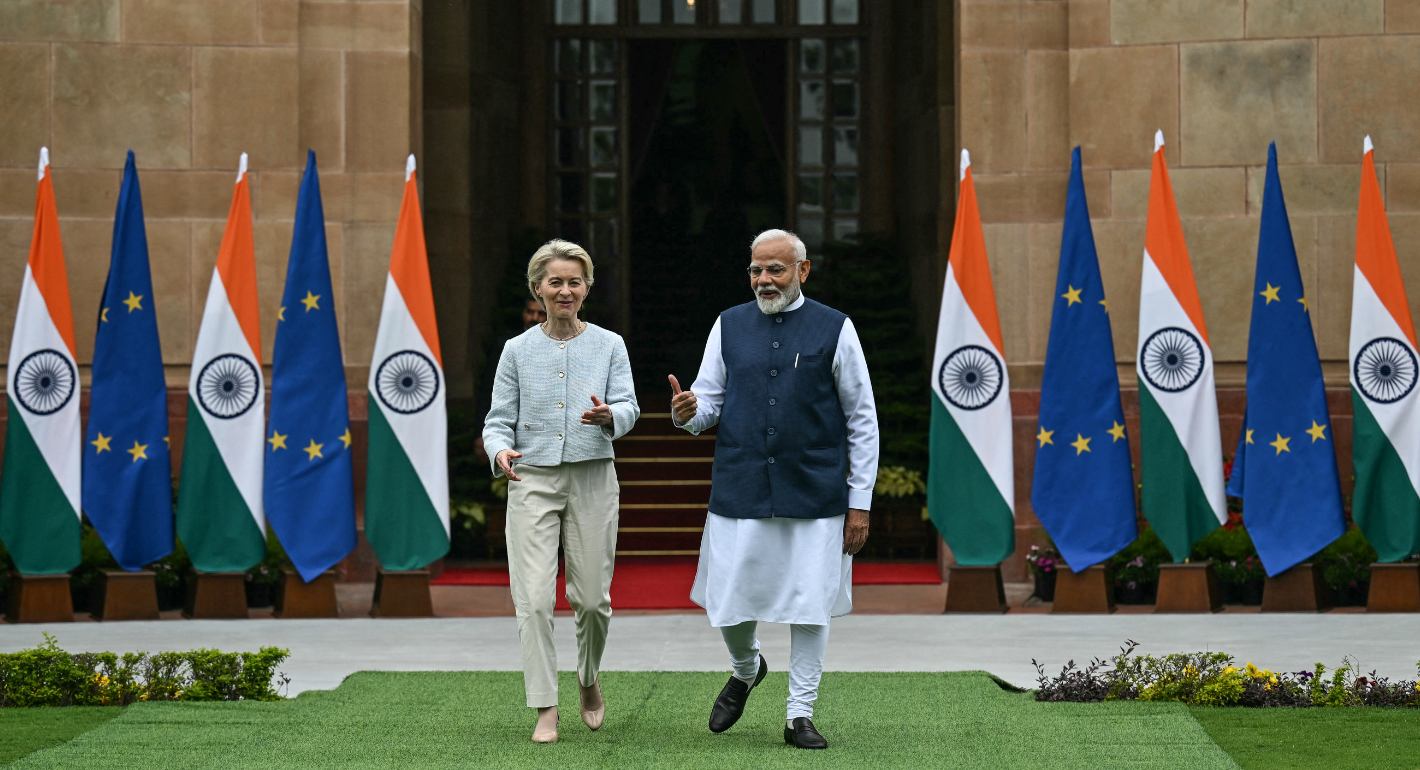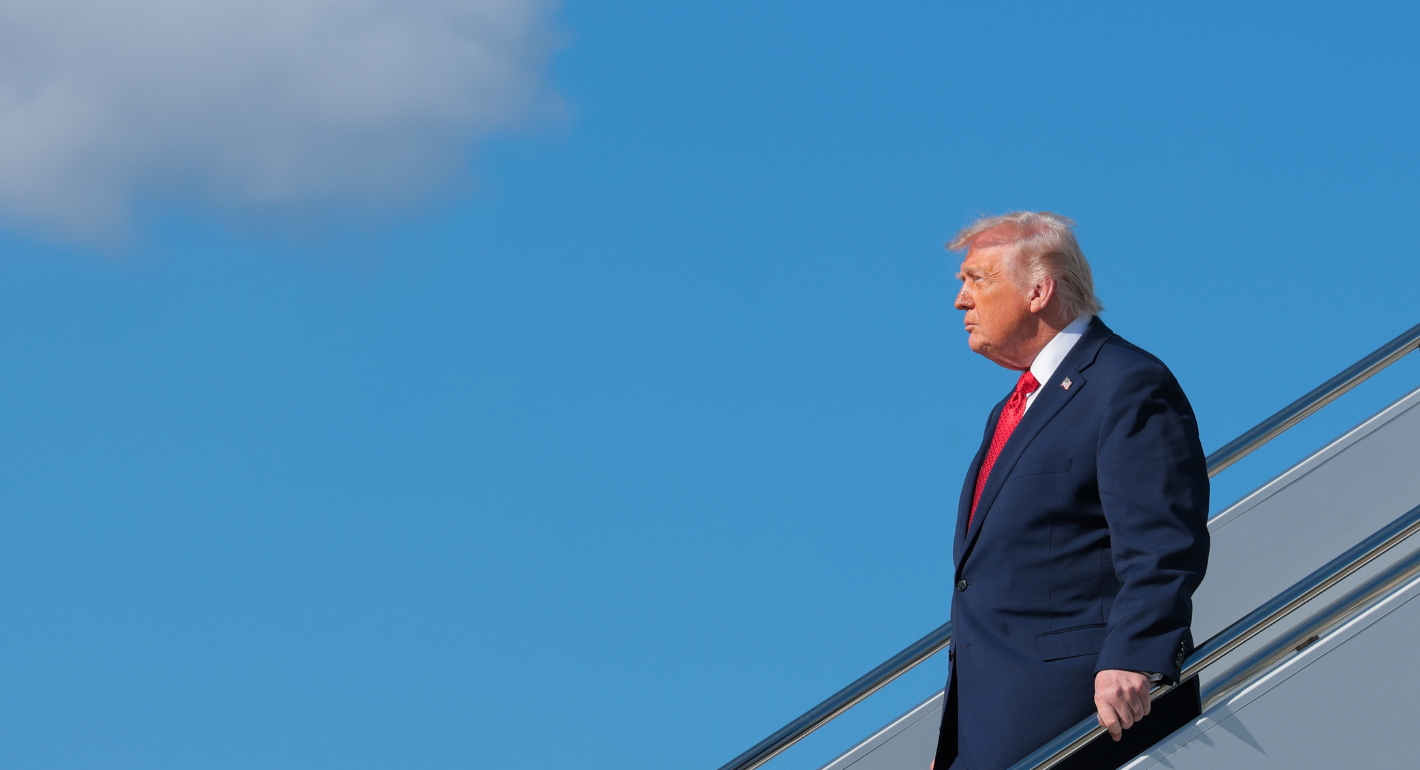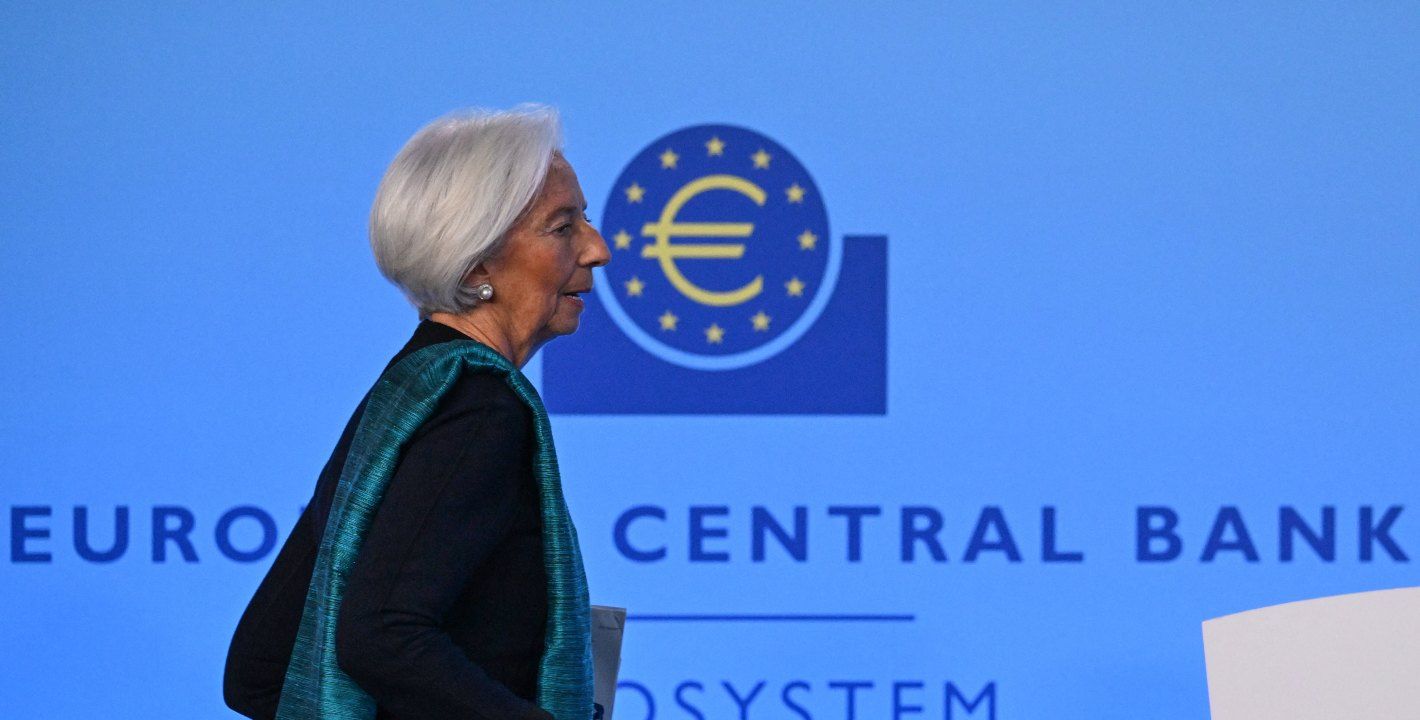A new post–Cold War order is taking shape. It involves Ukraine and Russia, Germany and the United States. As a result of the Ukraine crisis, each country is undergoing a fundamental rethink of its future direction. The consequences for the Euro-Atlantic security architecture are only just beginning to show.
Ukraine faces enormous challenges. It is unclear whether eastern Ukraine will become a kind of failed state or whether Kiev will devolve autonomy to the region in a way that would limit its foreign policy options. So much depends on Russian President Vladimir Putin—and the ceasefire between Ukrainian forces and pro-Russian separatists that came into effect on September 5.
What is certain is that Ukraine’s political groupings are diametrically opposed to each other. The Euromaidan protest movement, born out of demonstrations on Kiev’s Independence Square, is still a powerful force. The civil society groups clustered around Euromaidan do not want their revolution of last March squandered, when they chased former president Viktor Yanukovych from power.
The protesters have seen how previous attempts to bring about democratic change have failed. They remember how infighting, corruption, and the insidious influence of the oligarchs destroyed the Orange Revolution of 2004–2005.
The Euromaidan movement faces a ruling elite of politicians and oligarchs, structures and vested interests that have prevailed since Ukraine’s independence from Russia twenty-three years ago. The members of that elite have no interest in reform. They will eagerly take EU financial support and other technical assistance but deliver little in return.
If the EU believes that Ukraine’s current political class is going to change, it is mistaken. That is why Euromaidan is important. The Western, democratic groupings are small, but they are crucial because they speak for those who want their country to have a Western future. They are the ones that need consistent support from the EU.
Pressure from civil society is essential because the crisis has shown that paradoxically, Russia has lost Ukraine, despite Russia’s blatant interference and its March annexation of Crimea. Democracy has taken root in Ukraine, even if it continues to need the EU’s help.
Putin’s further calculations are unknown. What is discernible is a shift by Russia away from the West toward China. Russian liberals dread that shift, but their critical voices are few or silent. This silence, combined with Putin’s domestic policies of neglect, will come back to haunt Russia’s future leaders—or maybe even Putin himself.
This affects Europe, especially Germany.
Berlin has taken center stage in dealing with the Ukraine crisis and Russia. German Chancellor Angela Merkel has no illusions about Putin, but she has said repeatedly that she does not want to isolate Russia. Leaving aside those Germans who still cling to the old Ostpolitik approach of normalizing relations with Moscow, Merkel sees how the post–Cold War structures and assumptions are being changed. In Europe, Germany is at the center of this transformation.
Merkel is fully aware that sanctions are her strongest card since there is no military option for dealing with the conflict. German diplomats shudder at the possibility of an all-out war on Europe’s Eastern flank, which is why they are intent on a dual approach of sanctions and diplomacy.
Germany’s central role in the Ukraine crisis reflects two changes taking place in Berlin’s foreign policy stance.
First, there is a budding debate about Germany’s international responsibilities. Merkel was put out by German President Joachim Gauck’s outspoken calls at the 2014 Munich Security Conference for Berlin to do more on the global stage, followed by similar speeches by her foreign and defense ministers. But the chancellor has not stifled the discussions. They are becoming part of the political discourse.
The second change is that Berlin is moving from being pro-integrationist and pro–European Commission to preferring a more intergovernmental approach, in which national interests take precedent. As a result, Berlin is forced to define its interests and values.
In short, Merkel is prepared to take responsibility when it comes to dealing with Ukraine and Russia. This is a poisoned chalice. She is already taking flak from Latvia, Lithuania, and Poland for being too soft on Russia or for offering Putin an exit from the Ukraine crisis. But Merkel is not just considering the day after the conflict ends. She is also looking to the longer-term construction of Europe and to the transatlantic relationship.
That is why her relationship with U.S. President Barack Obama is important. Washington and Berlin are involved in a division of labor. Obama’s speech on September 10, in which he spelled out his military plans for halting the Islamic State, is surely a relief for Europeans. They lack the political will to use military force to defend their values and interests. Once again, the United States is coming to Europe’s rescue.
In the meantime, the EU, led by Germany, has to deal with Russia and Ukraine. When it comes to developing a long-term EU strategy toward Europe’s East, Merkel will need much support from Poland and France to make the region stable and democratic. As for Putin’s Russia, whatever the outcome of the Ukraine crisis, Moscow has turned away from the West for the moment. That makes the future of Eastern Europe more urgent than ever.

